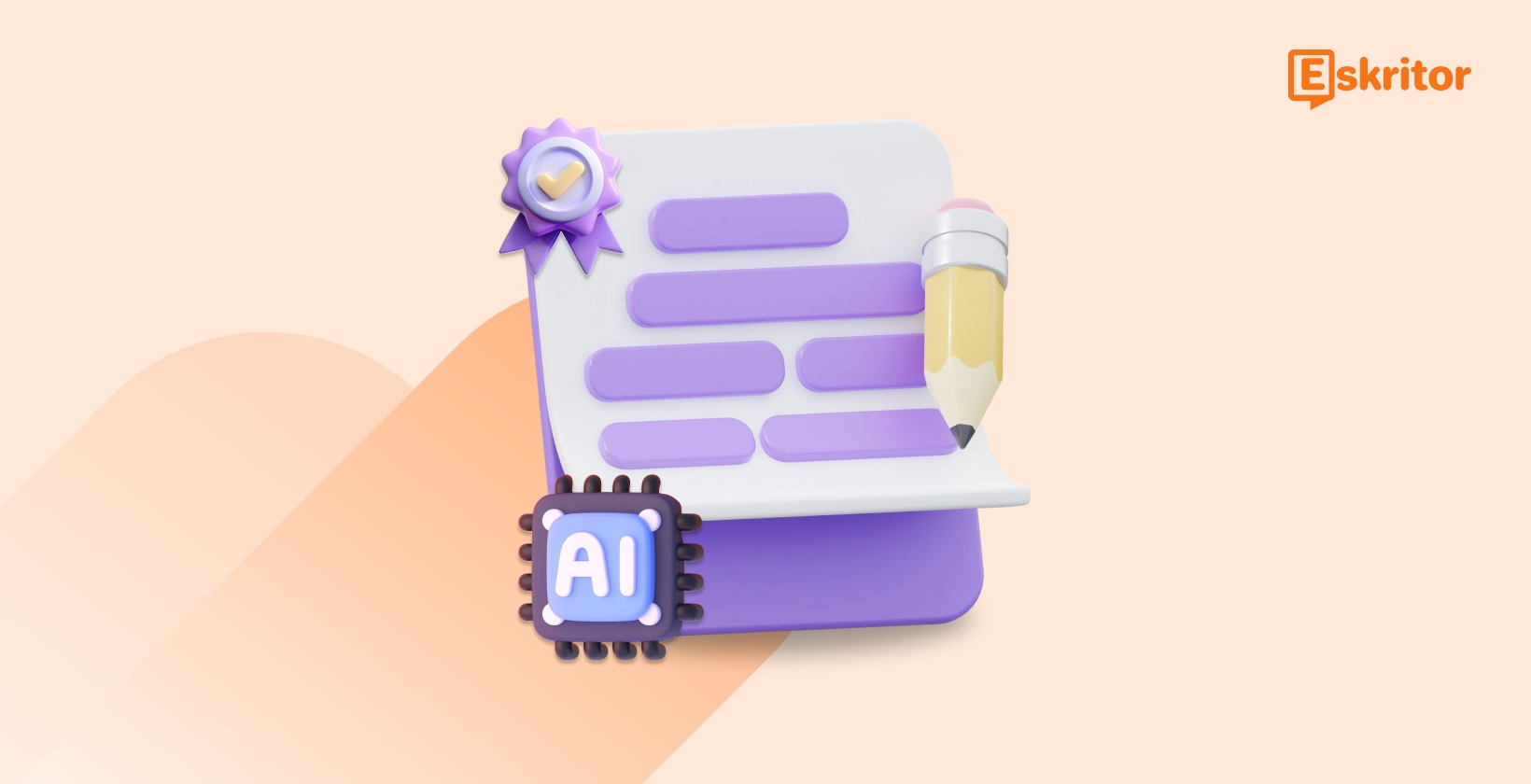The Future of AI Editing in Publishing and Media
The Future of AI Editing in Publishing and Media
Blog Article
How AI Editing Enhances Grammar and Style Effortlessly
Material creation has seen a dramatic transformation, with synthetic intelligence modifying resources major the charge. The change is quantifiable, obvious in emerging knowledge and real-world results. By reviewing what's happening on the ground, you can see why ai grammar checker is easily moving from uniqueness to necessity in digital publishing.

The Energy in the Figures
A recent business study reported that nearly 70% of material creators have followed some kind of AI-driven editing before year. The production gains are impressive. On average, clubs using AI publishers report performing first drafts as much as 40% quicker compared to standard workflows. For freelance authors and digital agencies, this means more tasks acknowledged and provided without reducing quality.
Syntax, punctuation, and even nuance detection are actually handled within seconds. AI tools automatically place uncomfortable phrasing, wordy phrases, and also problems with tone. These functions help writers of degrees change average drafts in to refined pieces significantly quicker than human eyes alone.
Trending Toward Efficiency and Reliability
The demand for high-volume material is higher than ever. Electronic publishers are forcing out more posts, social media marketing threads, and newsletters than at any place in history. Based on a 2023 study, brands that used AI modifying saw their writing rate improve by over 35%. This permitted little clubs to steadfastly keep up with, or even outperform, business giants.
It's not only about speed. Reliability is another clear benefit. AI editing instruments keep standard syntax, tone, and even style across 1000s of words. The same report discovered that company style mistakes dropped by 55% after AI instruments were introduced in to the editorial process.
Raising the Bar for Quality
Typographical errors and irregular voice may badly harm a brand's credibility. AI editors lower these dilemmas to near zero. A knowledge collection drawn from 500+ electronic advertising campaigns suggested that content prepared through AI editing gets 20% larger engagement rates than organic, unedited material. Viewers and search engines respond easier to material that's apparent, error-free, and coherent.

The Individual Feel Remains
Despite all the development and statistics, AI modifying doesn't remove the necessity for imagination or experience. Instead, it reduces grunt function and lets writers give attention to strategy, design, and storytelling. Authors spend less time online edits, moving their position to thought development and originality.
Looking Ahead
The influence of AI editing is measurable and growing. From larger publishing costs to better reader involvement, the numbers tell a definite story. Material groups that control this tendency may find themselves ahead of the bend, ready to create cleaner, more engaging work quicker compared to competition. AI editing is not a fad. It's fast getting the heartbeat of modern content creation. Report this page